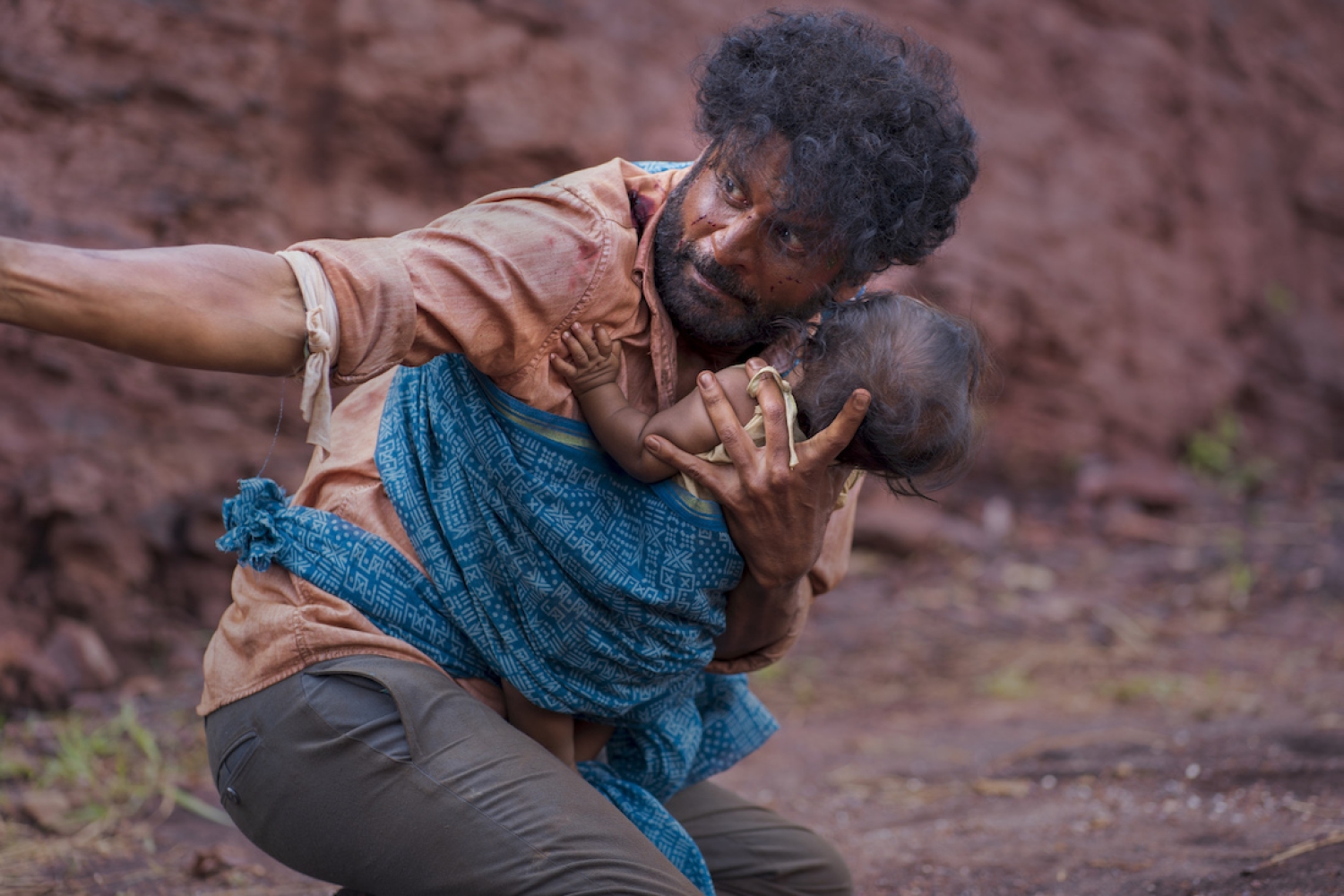

The common thread that ties all of Devashish Makhija’s films together is what unsettles him about the way things are politically. That’s his trigger point. The three feature films that he’s made have certain common motives — a comment on the turbulent times in which we are living. His latest film is called Joram. It tells us a story about displacement through the lens of a displaced indigenous man. His race for survival is like of many others whose lives are affected so that the urban needs can be met. Joram is backed by Zee Studios, and very recently had its World Premiere at the International Film Festival of Rotterdam. We asked Devashish to break down the film, script and characters for us.
THE FILM
Back in 2006-7, I started getting very disturbed by the politics of development. I read up a lot, and then I wrote a couple of films and short stories that also made it to a book of mine called Forgetting. And I was feeling like I’m not getting the real picture. So I traveled to South India in 2010, that was actually starting to explode with this conflict many years before it spread to the other states. What I saw there turned into my first film about an indigenous boy and his journey.
The film got made but never got released, never really traveled. I turned that into a young adult novel in 2020, which won an award that year as well. So I’ve been working with these themes for a while. I’m also guilty of living a life in a city that is to some extent unsustainable. Forests are being cleared for the lives that we choose to live. All I could do is at least throw up questions because people in the cities don’t think about this enough. We just take it quite blindly and don’t really know the repercussions of our materialistic choices. The script has stayed with me for really long until 2021 when Zee Studios actually saw merit and took a wild chance on this adventurous film. This is the first time actually that a studio so big has shown faith in a film of this sort, with this kind of independent spirit and raising these kind of questions.
THE SCRIPT
I’ve got about twenty-six scripts ready and about forty stories, and every meeting I go into, I’m like throwing twenty options on the table. You don’t like this then I’ve got this, which I think is the case with every independent filmmaker. The collaborators are key. Like, if Manoj is not in this film and somebody else was, it could have taken a slightly different shape. So every person that comes in, I look forward to them bringing a little bit of themselves. Zee Studios brought a little bit of their own prerogatives to it.
It is, at its core, the film I wrote in 2015, but in its shape and texture and tone and mood, it’s not the same thing. I saw the film in my head and then fifty people came together to make it — primarily the ten heads of depart- ments, the editor, the cinematographer, the sound design or the music director, the lead actors and the producer. And when I see the final film, I never imagined it to be so. Because I’m choosing my collaborators so carefully that I’d rather have their touch, their magic make this something that I can’t imagine. That’s the thrill of discovery.
THE CHARACTERS
Joram in the film is actually not Manoj but his three month-old infant girl. It’s a girl’s name. He’s an indigenous tribal who has been displaced and is working in the city. His wife gets murdered. And now he’s on the run with his three-month-old baby and trying to be a father and a mother to her. And as the story unravels, you see the machinations of the state, the system and a company that wants tribal land for mining, and how they collude to take it at any cost. Different characters represent each facet of this really complex situation around development. My first trigger point to a story like this is the politics of it. The questions I want to ask. And then I start representing each of those questions with each of those different perspectives through a character.
This article is an all exclusive from our February EZ. To read more such articles, follow the link here.
Text Hansika Lohani
Date 20-02-2023